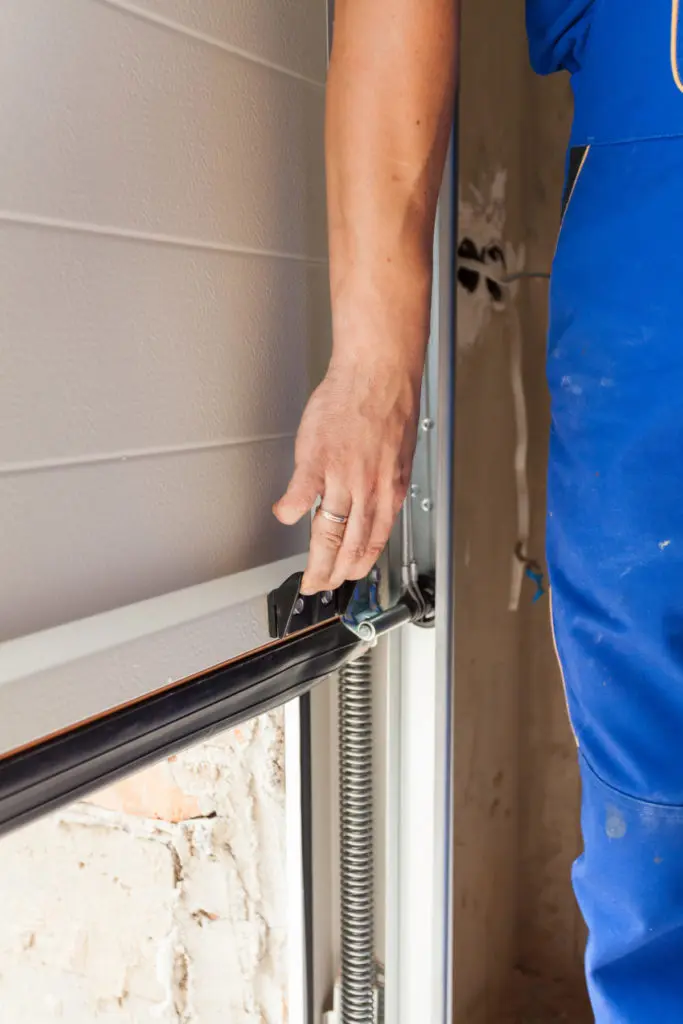If your garage door is making excessive noise, it can be annoying and indicate that something is wrong. Here are some common reasons why your garage door might be noisy and what you can do about it:
1. Worn-Out or Dirty Rollers
The rollers on your garage door allow it to move smoothly along the tracks. Over time, these rollers can wear out, get dirty, or accumulate debris, leading to a noisy operation. If the rollers are made of metal, they can also become rusty, adding to the noise.
Solution: Regularly clean the rollers and lubricate them with a silicone-based lubricant. If they are severely damaged or worn out, replacing them with new rollers can help reduce noise.
2. Lack of Lubrication
If your garage door parts, like the hinges, springs, and rollers, are not properly lubricated, they can produce squeaking or grinding sounds when the door is in motion.
Solution: Apply lubricant to all the moving parts of the door, including the springs, hinges, rollers, and tracks. Use a lubricant designed for garage doors, as it will prevent buildup and ensure smoother operation.
3. Worn-Out or Loose Hardware
Loose or worn-out parts, such as bolts, nuts, or screws, can cause rattling or clanking sounds. Over time, vibration and use can cause these components to become loose, affecting the door’s performance.
Solution: Tighten any loose bolts or screws and replace worn-out parts as needed. Regularly check your garage door hardware for signs of wear and tear.
4. Misaligned Tracks
If the tracks that guide the garage door are misaligned or bent, the door may not move smoothly and can cause loud scraping or grinding noises. Misalignment can also put additional strain on the door opener and other components.
Solution: Inspect the tracks for any signs of damage or misalignment. If the tracks are bent, they may need to be realigned or replaced. It’s best to call a professional for this task, as misaligned tracks can cause further damage if not fixed properly.
5. Broken or Worn-Out Springs
The springs on your garage door are under significant tension and are responsible for lifting and lowering the door. If the springs are broken or worn out, they can cause a loud bang or an increasingly noisy operation.
Solution: If you suspect your springs are damaged, do not attempt to repair them yourself as they are under high tension. Call a professional garage door technician to replace the springs.
6. Noisy Garage Door Opener
The garage door opener itself can sometimes be the culprit for noise, especially if it’s old or improperly maintained. Older openers can be louder, and the motor may create grinding or buzzing noises.
Solution: If your opener is old and noisy, consider upgrading to a quieter model. Modern garage door openers, especially belt-driven openers, are quieter than older chain-driven models.
7. Debris in the Tracks
Sometimes, small debris or dirt can accumulate in the tracks, causing your garage door to make scraping or grinding noises as it moves. This can also impede the smooth movement of the door.
Solution: Clean the tracks regularly to remove dirt, leaves, or other debris. Be sure to wipe down the tracks to keep the door operating smoothly.


